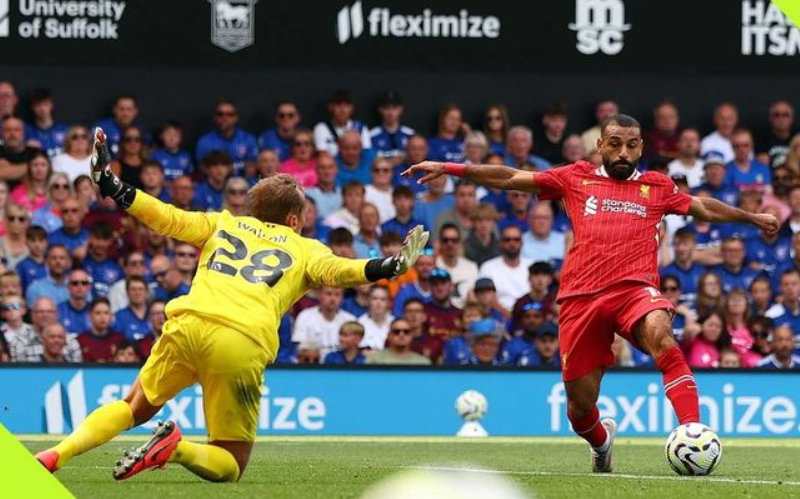Over the past two decades, sports betting has grown into a global industry worth hundreds of billions. While most of the action happens around events like the Premier League or NFL, another layer of betting is quietly expanding. People now place money on drone races, Kabaddi matches, and even virtual marble runs. Welcome to the new frontier: niche sports betting, shaped and accelerated by artificial intelligence (AI).
From Assistance to Automation
In mainstream sports, AI supports betting by refining odds, tracking player data, and powering real-time predictions. But in niche sports, AI isn’t just assisting — it’s taking over entire betting processes. These sports often lack formal structures, oversight, or historical data, making them ideal for AI systems that can generate markets quickly with little human input.
Betting thrives where unpredictability and data gaps exist. Niche sports offer both. And when algorithms can read a drone’s telemetry or an e-sport player’s hand gestures, they can produce betting odds almost instantly.

Why Niche Sports Are Ideal for AI
AI-driven systems require flexibility, fast feedback loops, and exploitable inefficiencies. Smaller sports — often informal or digital — provide the perfect conditions for experimentation. Unlike traditional leagues, these disciplines don’t have established betting models or strict governance.
| Characteristic | Mainstream Sports | Niche Sports |
|---|---|---|
| Audience Scale | Large, global | Small, local or online |
| Data Transparency | Regulated, standardised | Fragmented, inconsistent |
| Betting Liquidity | High, stable | Low, easily influenced |
| Market Maturity | Saturated | Emerging, loosely defined |
| AI Application | Model enhancement | Full automation and market creation |
In this context, AI becomes not just a tool, but a market-maker. Odds are created without human interpretation, matches are monitored by machine vision, and betting options are updated in real time based on algorithmic input.
The Expanding Definition of “Sport”
As AI improves at modelling outcomes, the line between real and virtual sport begins to blur. If a competition is measurable, it can be modelled. If it can be modelled, it can be bet on. This principle is already shaping the betting markets of tomorrow.
Here are examples of future betting categories — and how AI contributes to them:
- Drone Racing – Predictive systems process speed and direction via telemetry
- Speedcubing – Gesture recognition analyses timing and movement
- Virtual Archery – AI models aim stability and reaction time
- Robot Battles (AI vs AI) – Dual neural networks compete in digital arenas
- Dog Agility – Animal motion is tracked in real time using computer vision
- Marble Racing (Simulated) – Physics engines power fully synthetic outcomes
What Could Go Wrong?
It’s easy to see these developments as fun or futuristic, but risks grow quickly when AI enters unregulated spaces. With little liquidity, odds can be manipulated with small amounts of money. When markets are created automatically, human oversight disappears. That makes match-fixing easier and accountability harder.
Athletes in niche sports — many of them amateurs — might not even realise their data is being used to generate bets. This raises questions about consent and transparency. Also, hyper-personalised betting systems that track user behaviour may increase addictive tendencies faster than traditional gambling.
One List: Core Risks of AI in Niche Betting
- Market manipulation due to low liquidity
- Data exploitation without athlete consent
- Lack of oversight in auto-generated odds
- Match-fixing vulnerability in informal competitions
- Psychological harm from personalised micro-betting
When AI Helps, Not Hurts
Not all outcomes are negative. When applied with transparency and structure, AI can help small sports grow. Some emerging leagues now use AI to digitise stats, offer better live tracking, and attract sponsors.
For example, a Kabaddi league in Europe uses AI-powered video analysis to provide real-time metrics. Speed climbing events generate automatic timing data that feed live betting markets. And in eSports, AI models predict in-game movements with millisecond precision — offering real-time, responsive odds to fans.
Preserving What Matters
The irony is that many niche sports exist because they value community, creativity, and fun. They were never built for large-scale gambling. If AI-led betting overtakes these spaces, it may strip them of their character.
That’s why any future for niche sports betting must include transparency, proper governance, and consent from participants. AI can accelerate everything — including harm. But it can also offer opportunity, if guided by the right principles.


